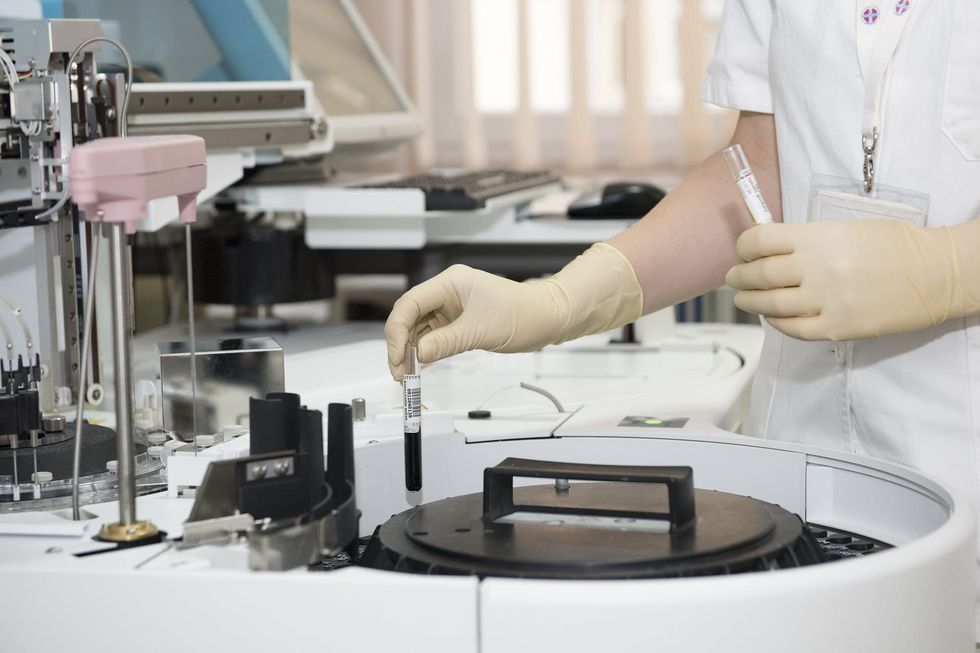The controversy embodying the scientific implications of stem cell therapies has created a divide in both society and the research community. It was only in 1998 that James Thompson from the University of Wisconsin isolated cells from an embryo to innovate the first line of stem cells of human tissue. Preceding decades saw light shed on stem cells from hamsters and primates, culminating to this continuity in medical science. The potential to treat neurodegenerative diseases like Alzheimer's or repair histological tissue of organs is unprecedented, until faced with the principal caveat to the opposition of stem cell research; stem cells are primarily extracted from embryos at the cost of the developing life. I hope to discuss the potential stem cells have to further revolutionize medicine as well as discuss how quintessential it is for the future of humanity.
Hiromitsu Nakaichi, MD, PhD, is one of the leading stem cell researchers in the Stanford School of Medicine. His research involves the use of stem cells to produce human organs in sheep and pigs. The stem cells used to make the tissue can be genetically identical to the recipient of the organ, diminishing the potential of rejection.
This could alleviate the critically low number of organs available for transplantation. According to the United Network for Organ Sharing (UNOS), there are currently 114,835 patients in need of an organ transplant, yet 14,780 transplant have been performed as of June 2018. There are a total of only 7,106 donors available for these procedures. Being able to synthesize these organs in a lab would help remove patients from the waitlist. Furthermore, other researchers can use the same organs to test drugs or conduct new surgical procedures instead of using actual patients for human trials. This could catalyze the discovery of new treatments and revolutionize medical research.
One of the ethical concerns of Dr. Nakaichi's research is the use of sheep and other animals to nourish the development of these stem tissues. Pluripotent cells are injected in the embryo of sheep and pigs in order to provide the organ with a supply of nutrients to develop in tandem with the animal. The University of Tokyo had to ban research on experiments on animals that involve internal implantation of tissue at the command of the Japanese government in 2014, prompting Nakaichi to continue his project in Stanford. Then the NIH withdrew funding of the project in the following year due to the ethically thin line of cloning humans and creating chimeras out of these organs. However, Nakaichi's research was sponsored by the California Institute for Regenerative Medicine with a $6 million grant.
Whether the use of stem cells invokes controversy in the methods of extracting and conducting research on them, the greater good of granting millions of people a second chance at life serves as an objective that this project wishes to realize. The ability to test medications and surgeries on human tissue without risking human lives can prove to save billions more as research is conducted using these organs as a medium. The act of "playing God" by using stem cells is no different than conducting a surgery on someone in need; both involve the use of modern medicine to prolong an individual's life.
There are many other means where humans have manipulated nature for the betterment of the race, which in its own extent can be considered "playing God." At the end of the day, the objective in life is to live as happily as possible without harming others. Medicine grants people the time to realize this goal to the fullest extent that life grants them. Overall, stalling the advancement of science stagnates the realization of this goal.
















